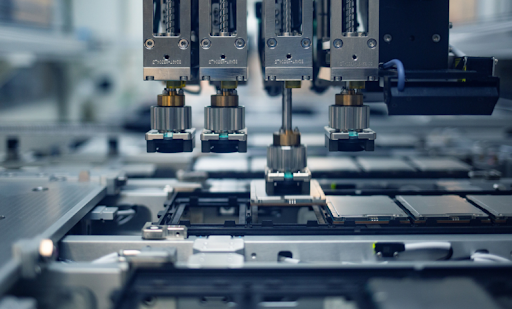Washington urges Nvidia and Apple to use Intel factories
 |
US Commerce Secretary Gina Raimondo urged tech giants Nvidia and Apple to use US factories to produce artificial intelligence chips, outlining the economic benefits of having a US factory capable of producing AI chips.
This comes after Intel CEO Pat Gelsinger expressed his frustration with America's reliance on Taiwan Semiconductor Manufacturing Company (TSMC) to produce advanced chips during his meeting with the minister.
The discussions between the investors and the minister were not publicly disclosed, although sources say the minister highlighted the growing geopolitical risks around Taiwan, particularly as China looks to invade the country.
Regardless, Washington is currently investing more in the U.S. semiconductor industry than it has in the past 28 years combined, so the White House is keen to push U.S. companies to use domestically produced chips.
Intel is looking to become a major chipmaker to compete with TSMC and Samsung.
Recent developments have revealed that Intel's factories are struggling to acquire customers, causing the company to lose up to $1.6 billion and its stock price to fall.
As a result, Intel is considering spinning off its manufacturing division and other non-core business units, similar to how AMD spun off GlobalFoundries in 2008.
It is in the Biden administration’s interest for Intel to succeed, especially since it is one of the largest recipients of CHIPS funds, regardless of the federal government delaying Intel’s CHIPS funds until it can get its affairs in order.
A number of leading American technology companies, including Nvidia, Apple, Amazon, Google and AMD, design their own chips, even though they use foreign factories, such as TSMC, to manufacture them, regardless of the distance and geopolitical risks that result from their location.
Nvidia CEO Jensen Huang said at a Goldman Sachs conference that the graphics processing unit maker could move its factory if necessary.
“If we have to move from one plant to another, we have the ability to do that,” he said. “We won’t be able to get the same level of performance or cost, but we can provide the supplies.”
